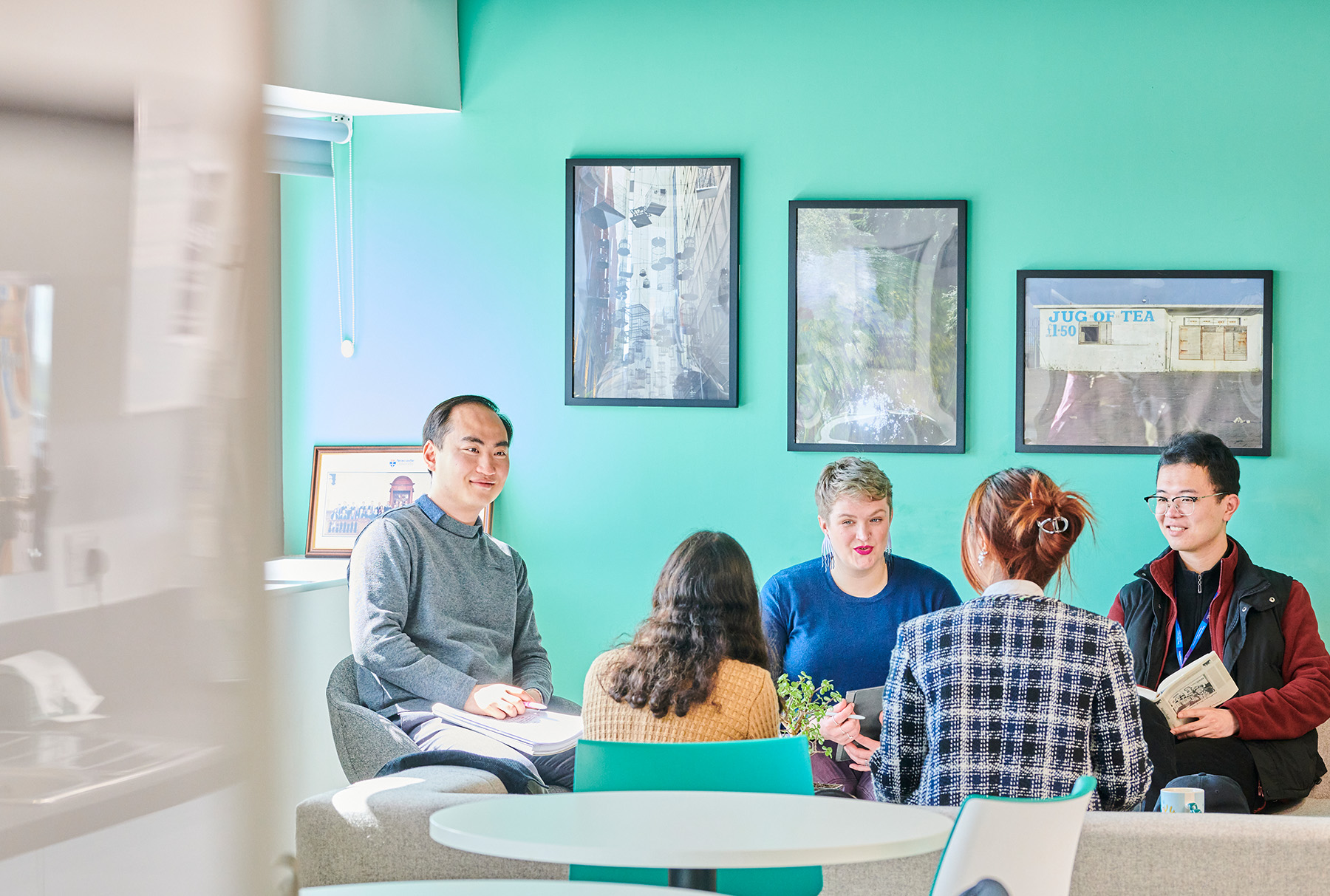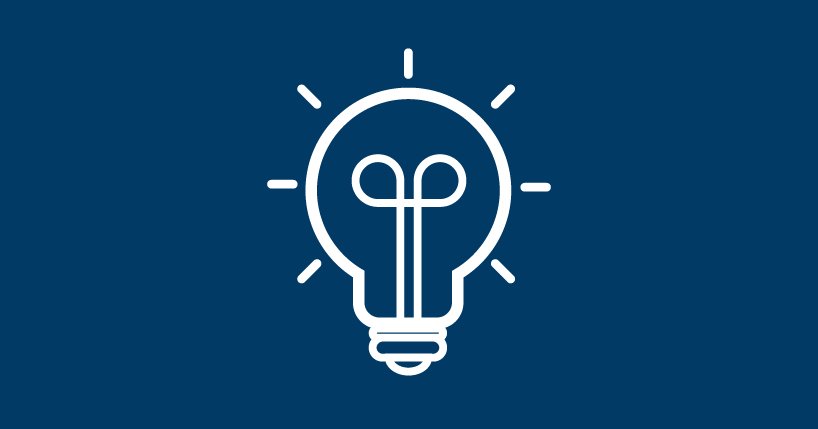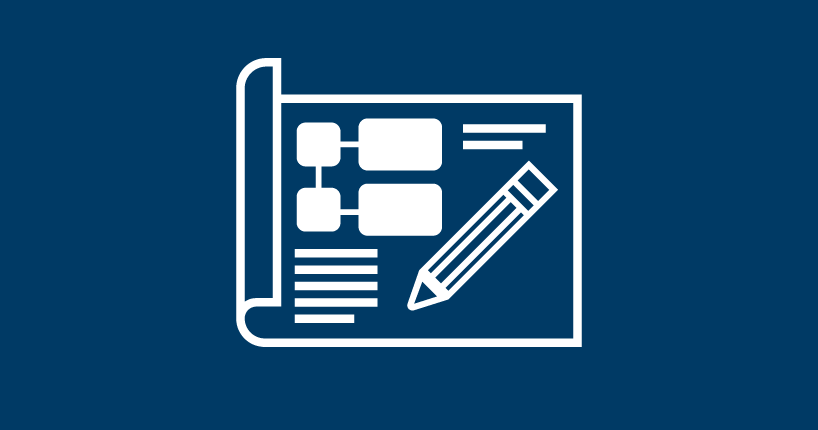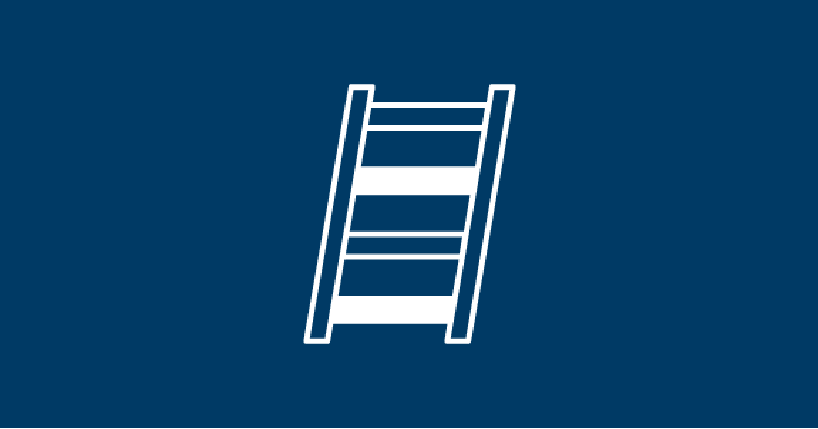Introduction to the Toolkit
NEW: A vision for education and skills at Newcastle University: Education for Life 2030+
About
The Curriculum Design Toolkit has been created to support colleagues throughout the entire curriculum development process, from initial discovery to final implementation. It addresses various stages, including programme review, discovery, and both programme level and modular level design and development.
The Toolkit provides a diverse set of resources, including practical tips, user-friendly methods, and ready-to-use activities. By using these resources, we aim to help colleagues create educational experiences that align with our Education for Life Strategy. This approach reinforces our commitment to engage, challenge, and support students in discovering their full potential.
The Toolkit aims to support colleagues in designing educational experiences that ensure:
- our students are fit for their future and the world in which they work and live in
- our teaching and learning approaches are informed by pedagogy and best practice
- we promote efficiency and collaboration amongst colleagues
The toolkit is grounded on four key principles that guide its development and usage, and these are closely aligned with the aims of our education strategy: Equity; Encounters with Leading Edge; Fit for the Future.
How these principles are enacted will vary depending on discipline, curriculum design requirements, and our desired approaches to learning, teaching and assessment.
Underpinning principles
Inclusive
Diversity, inclusion and accessibility are at the heart of our principles and our commitment to provide a core universal offer for all students, including tailored provision where needed. The Toolkit allows colleagues to explore the curriculum design process through different lenses, to recognise the diverse needs of our students, variability in disciplines and modes of delivery. We strive to ensure that our learning environments are flexible, adaptable, and responsive to the needs of both our students and colleagues.
This approach is field-tested across disciplines and with diverse groups, continually evolving as we gather insights and feedback, ensuring it remains responsive to the ever-changing needs of our students and colleagues.
Sustainable
Designing resilient and sustainable curricula that can adapt to resource changes and situational challenges is an essential underpinning principle. The Toolkit offers programme teams the space to consider the effective use of teaching and learning approaches and to develop curricula that not only prepare learners for the future but also contribute to developing curricula in environmentally sustainable ways.
Collaborative
Collaboration among educators, students, industry, and programme teams is invaluable in the learning design and development process and has many benefits for students and colleagues. The Toolkit promotes a holistic and collaborative approach to the design and development of curricula, and supports programme teams to create learning experiences that are underpinned by pedagogy and best practice. Through collaboration, we design curricula with academic rigour and foster a community of best practice.
Connected
The Toolkit aims to support colleagues in designing learning experiences through an educational approach that emphasises the integration and interconnectedness of knowledge, skills, and competencies across various disciplines and subjects. This approach provides our students with meaningful encounters with leading-edge developments in their field, whether in research, industry, or practice.
How to use the Toolkit
The Toolkit is designed to guide you and your programme team through the stages of programme discovery, design, and development. It offers flexibility in its application, acting as either a sequential, step-by-step guide - particularly beneficial for teams embarking on holistic curriculum review - or as a reference for specific sections relevant to individual module design, learning strategies, teaching methodologies, and assessment approaches.
Depending on where you are in the programme design process, different activities and resources may suit your needs. Our approach is flexible, allowing you to pick and choose the most relevant activities for your stage. For example, if you are at the initial stages of programme (re)design and require input to inform strategic approval, you might begin with the activities suggested in the Discovery phase. Once you have your business case and strategic approval in place, or you're reviewing your curriculum, you can select activities from the Design phase.
The Discovery section focuses on:
- Identifying key drivers influencing curriculum review.
- Engaging colleagues in the curriculum discovery process.
- Navigating programme approval and Quality Assurance Agency (QAA) requirements.
In the Design section, you will find support for:
- Programme-level design.
- Innovative teaching approaches.
- Assessment and feedback design strategies.
- Module and programme structure optimisation.
The Development section assists in:
- Conducting a holistic review of the student journey.
- Incorporating cross-cutting curriculum themes.
- Developing robust evaluation plans.
Resources in this toolkit can help your team with the or a curriculum review.
Some activities directly contribute to specific documentation. For example, Module Aims and Learning Outcomes (Design section) feed directly into Module Outline Forms (MOFs). Other activities, such as outputs from the Curriculum Discovery Event, can help your team prepare for Strategic Approval. While the tools and activities support the preparation of documentation, it is essential to capture the outputs and complete the documentation afterwards.



